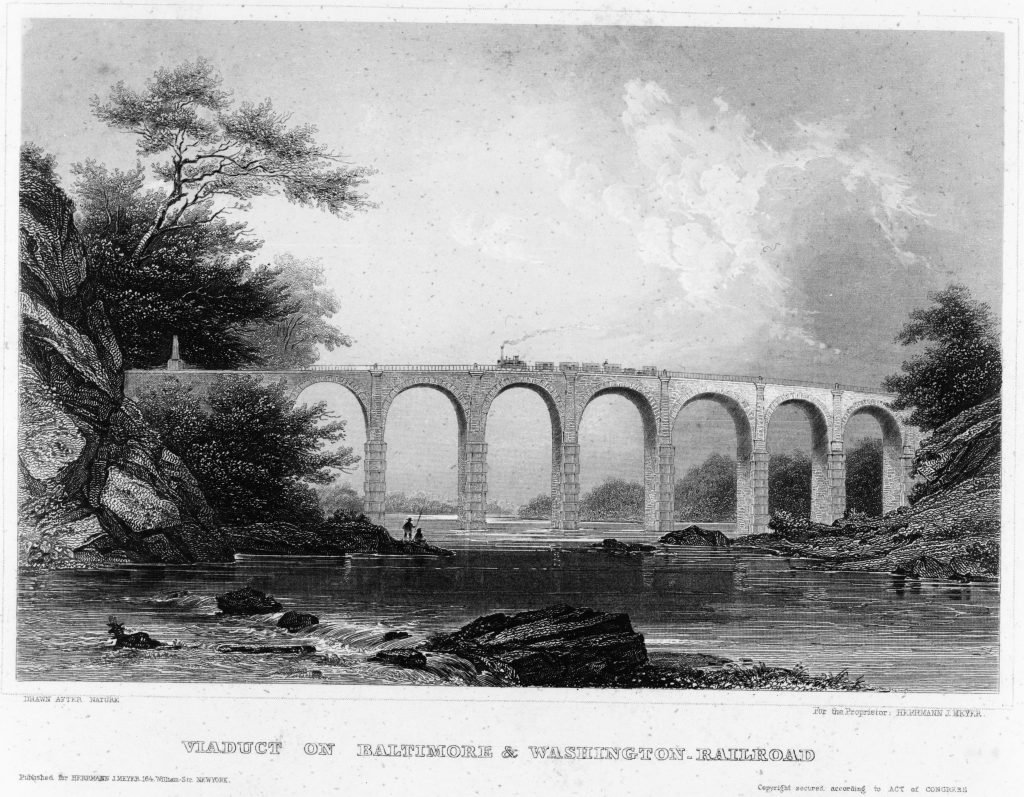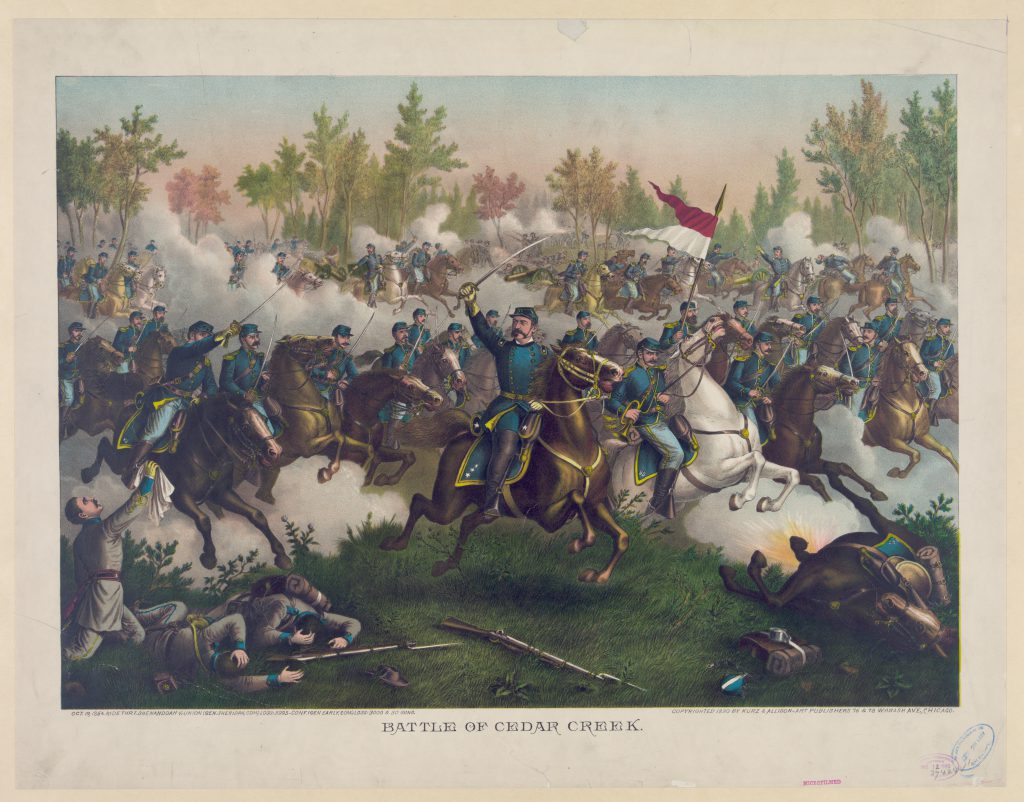Research Arsenal Spotlight 28: Jacob Claar 138th Pennsylvania Infantry
Jacob Claar was born June 19, 1865 to Simon Walter Claar and Rachel Alice (Croyle) Claar. His father, Simon, died in 1849 leaving Rachel with 8 children to care for. In 1859, Jacab Claar married his cousin, Christina Claar, and they had two sons together, Austin and Samuel. Jacob Claar enlisted as a private in Company E of the 138th Pennsylvania Infantry on August 29, 1862.
The 20 letters in the Research Arsenal collection are all addressed to Christina Claar. Many of the letters also contain short greetings to “Fiddler” which was a nickname for Christina Claar’s father, Joseph Claar.
Jacob Claar at Camp Relay, Maryland

The earliest letters in the collection were written by Jacob Claar while the 138th Pennsylvania Infantry was stationed at Camp Relay, Maryland, and the regiment was tasked with guarding the nearby railroad.
In a letter written September 25, 1862, Jacob Claar told his wife, “I will do nothing but drill a little and keep my gun clean.” He went on to describe the place he was currently situated:
“We are on a high place, We can see a great ways. We can see [the Fort] Dix Battery. I was at their place. I suppose there will be a battle. The rebels want to break the railroad bridge. Our men have six cannons planted on the battery.”
The railroad bridge referred to was the Thomas Viaduct, built between 1833 and 1835, which was at one time the longest railroad bridge in the United States. It spans the Patapsco River and is still in service to this day.
As the seasons moved toward winter, Jacob Claar and the men of the 138th Pennsylvania had to deal with unforgiving weather. On October 8, 1862 he wrote, “Yesterday was a very rough day. The snow was seven inches deep—the worst day we had here yet.”
On October 14, 1862, Jacob Claar wrote a bit more about their duties guarding the railroad.
“We are guarding the railroad twenty-six miles from Washington City. I will inform you that we have as much bread and crackers and bacon as would fatten a small pig. The first one stands till midnight and the other three o’clock, the third till daylight, and in day time we lay in our tents and take our ease.”
The 138th Pennsylvania Infantry in 1863
The 138th Pennsylvania Infantry remained station at Relay House, Maryland, guarding the train until June, 1863. Before they left, Jacob Claar wrote about an incident of theft in the regiment in a letter dated June 4, 1863.
“I will inform you that William Helzel stole fifty dollars in money off our captain and he run away and they followed him to Baltimore and they caught him and he gave up the money and they brought [him] back to camp & suppose he must serve his time on the rip raps.”
On August 4, 1863, Jacob Claar wrote a letter about the regiment’s recent engagement at Manassas Gap, Virginia.
“I will inform you that we had a very hard march since the 16th of June. We have been almost everywhere since that time. Our Corps was in a little fight in the Manassas Gap. I seen shooting for several hours and the Rebs retreated and our troops followed them up. We were within three hundred yards of their cannonading. We had no cannons there. Our troops charged their battery and they run like forty. There was only a blue streak of them left. I will inform you that I heard the shells whistle in the air & saw thousands of Rebel prisoners since we are down here.
On the first of his month, there was a fight at Culpeper Court House with Stewart’s Cavalry. The whipped the Rebs complete. The Union troops got into them with artillery, infantry and cavalry. They knocked them higher than a kite.”
Jacob Claar also talked about his belief that the Union army would soon take Fort Wagner in South Carolina.
“I think that Fort Wagner and Sumter, [and] Charleston will soon fall. Our troops are within two hundred and fifty yards of Fort Wagner in rifle pits and they will fall some of these days. And when them three points are gone, I would not give a chew of tobacco for the South.”
Though it took a bit longer than Jacob Claar had hoped, the Confederate garrison withdrew from Fort Wagon on the night of September 6-7, 1863.
When Jacob Claar wrote home on December 24, 1863, it wasn’t with news of Christmas festivities but with news from the 138th Pennsylvania Infantry’s participation in the Mine Run campaign.
“We left and got after the Rebs. We chased them across the Rapidan River and sixteen miles to the south side of it. They made a stand at the Mine Run. We whipped them and drove them back to their fortifications. Then we retired to Brandy Station. The loss in our regiment is sixty-two—fifty-four wounded and 8 killed. There was two wounded in our company—David Burket and Henry Speck—both slight wounds. David was wounded in the hand with a buckshot. Speck was wounded in the head. Our Colonel was wounded in the heel. I felt sorry for him. He is a fine man. We all like him. We laid under the fire from half past three till six. It was a hot time. There was more noise than ever I heard before.”
Jacob Claar in 1864

In January, 1864, Jacob Claar and the 138th Pennsylvania Infantry were encamped near Brandy Station, Virginia. On January 28, 1864, he wrote home about his present circumstances.
“Our regiment is on picket now for three [days] and nights. I stayed in camp this time. Our camp looks nice and clean. The streets [are] swept clean. Today I bought two mackerel. I ate one for supper and the other for breakfast. I got two for a quarter…
…I will inform you that there is four deserters in the Second Division that [are] to be shot tomorrow some time. I had some notion [to] go and see them but I have a shanty to put up for a Lieutenant. I think I would rather work at that than to go see the fellows shot. I saw enough of men shot since I am here. All I ever care about. I would like to come home this winter if I can get a furlough. I will come home too.”
Similar to his words about having seen “enough of men shot,” in a February 18, 1864 letter Jacob Claar informed his wife that he would not be reenlisting at the expiration of his term.
“You wanted to know whether I reenlisted or not. There is no fear of it for I would not reenlist for all their greenbacks. I will try and get out of it. Once will do me, I think.”
On October 19, 1864 the 138th Pennsylvania fought at the Battle of Cedar Creek. Writing on October 21, 1864, Jacob Claar gave Christina Claar an overview of the battle.
“I will inform you that we had a hard battle on the 19th of this month. The Rebels drove the 8th and 19th Corps and the Old Sixth took them in hand and whipped them and drove them and took sixty pieces of artillery, ambulance, and wagons and prisoners. Quite a number. We lost one killed and two wounded in our company.”
At the time the battle was fought, the 138th Pennsylvania Infantry was part of the Sixth Corps which Jacob Claar credited with “whipping” the Confederate forces.
Jacob Claar musted out of the 138th Pennsylvania Infantry on June 23, 1865 at Washington, D.C. After the war he and his wife had two more children, a daughter, Rebecca, and a son, Joseph. Jacob Claar passed away on October 12, 1912 at the age of 77.
We’d like to give a special thanks to William Griffing of Spared & Shared for his work in transcribing and sharing these letters.
To read more of Jacob Claar’s letters as well as access thousands of other Civil War letters and documents, sign up for a Research Arsenal membership.
If you enjoyed this article, check out some of our other featured collections, like William Fish of the 11th New Hampshire Infantry and David Patten of the 35th Illinois Infantry.

